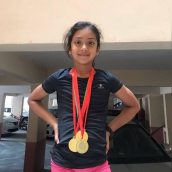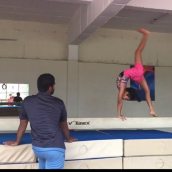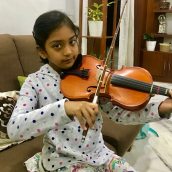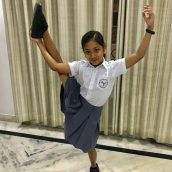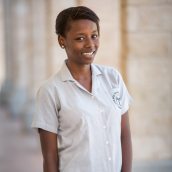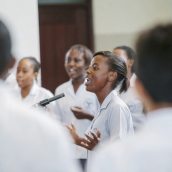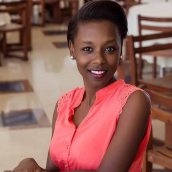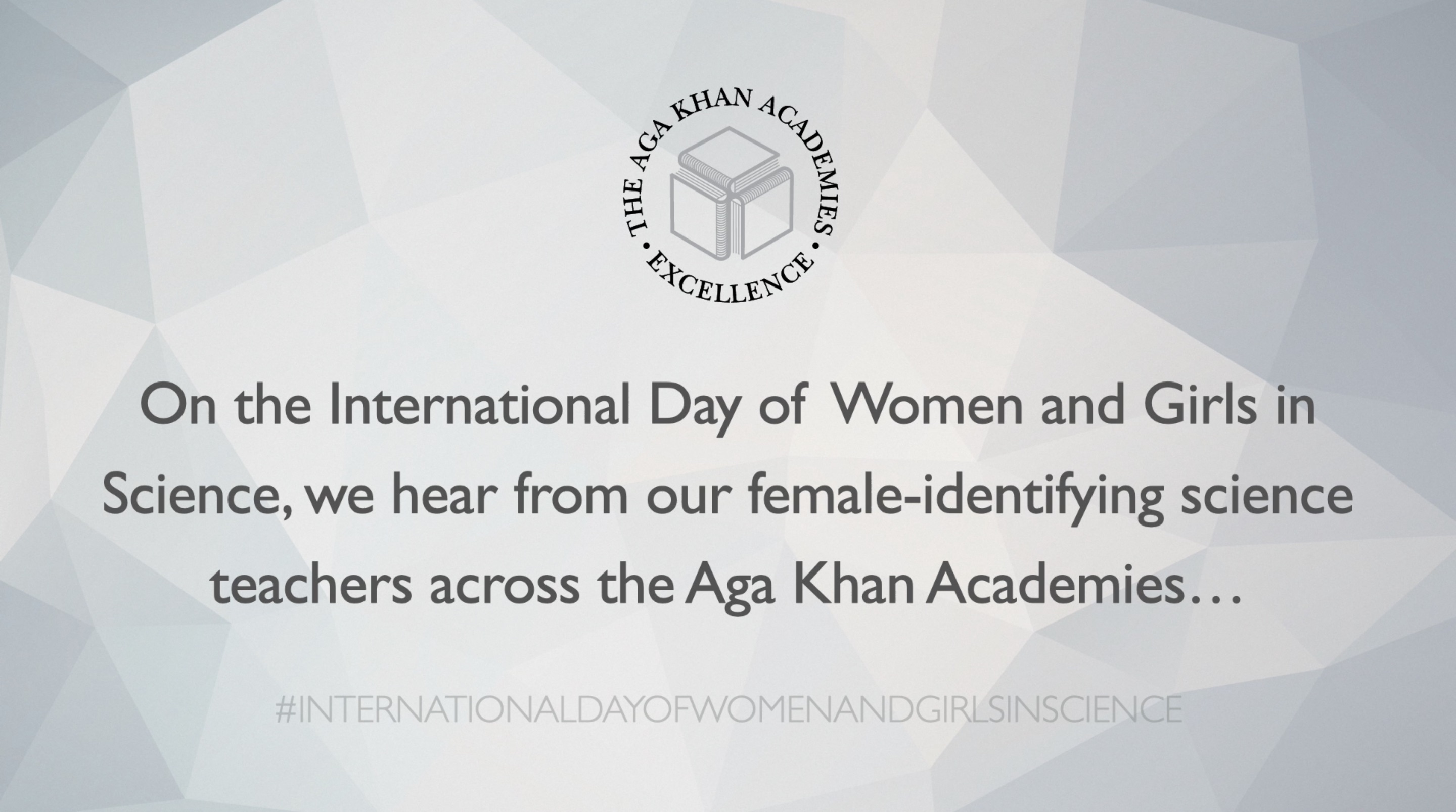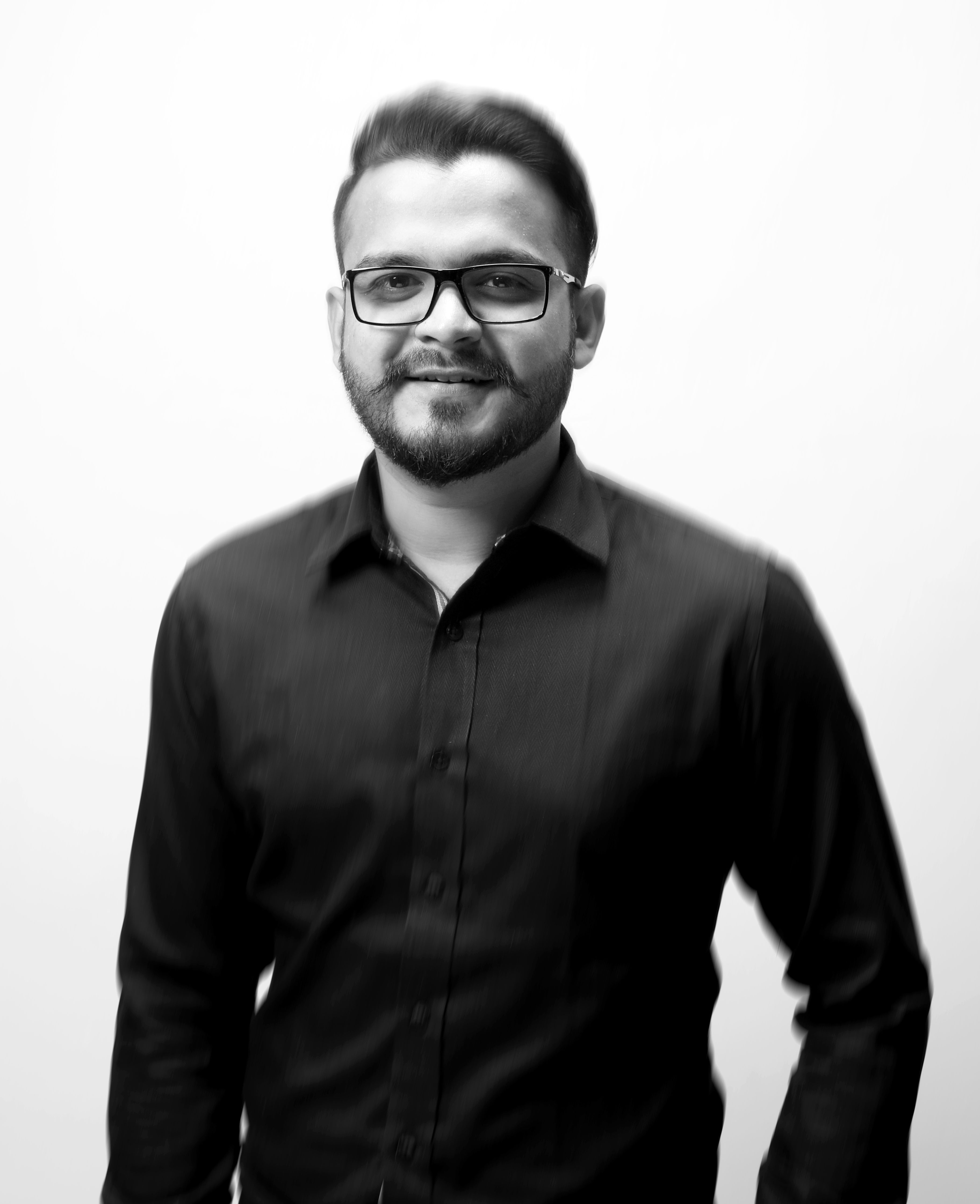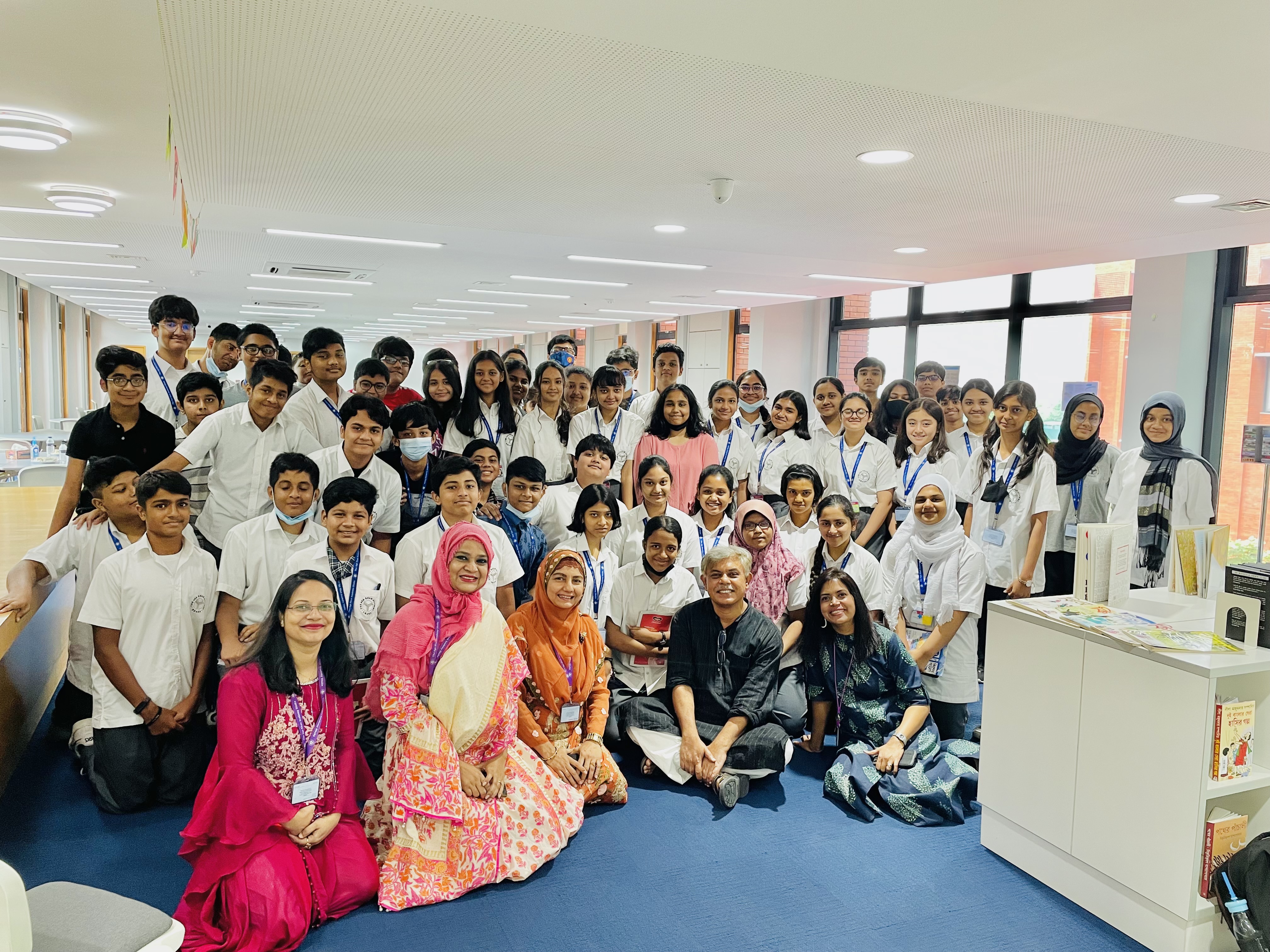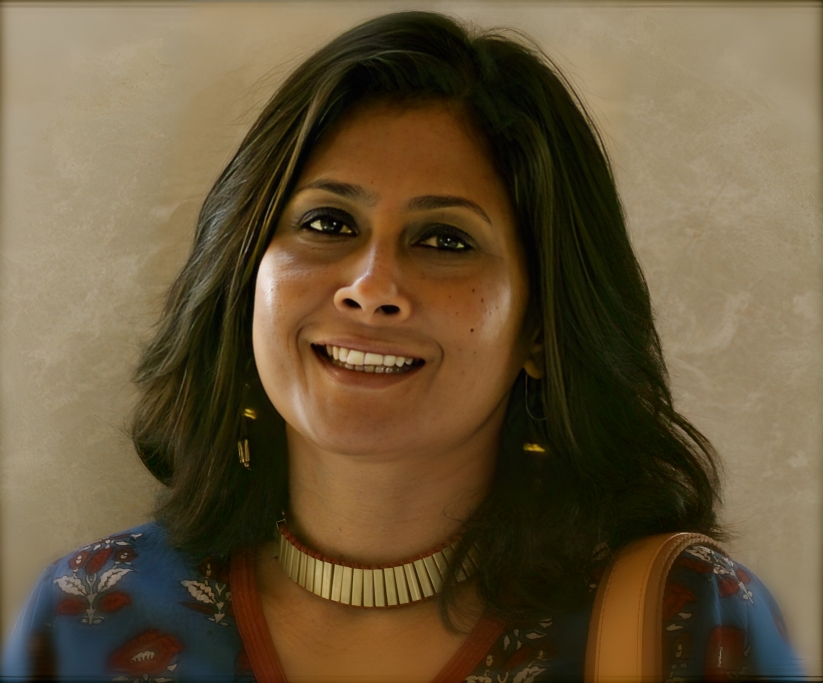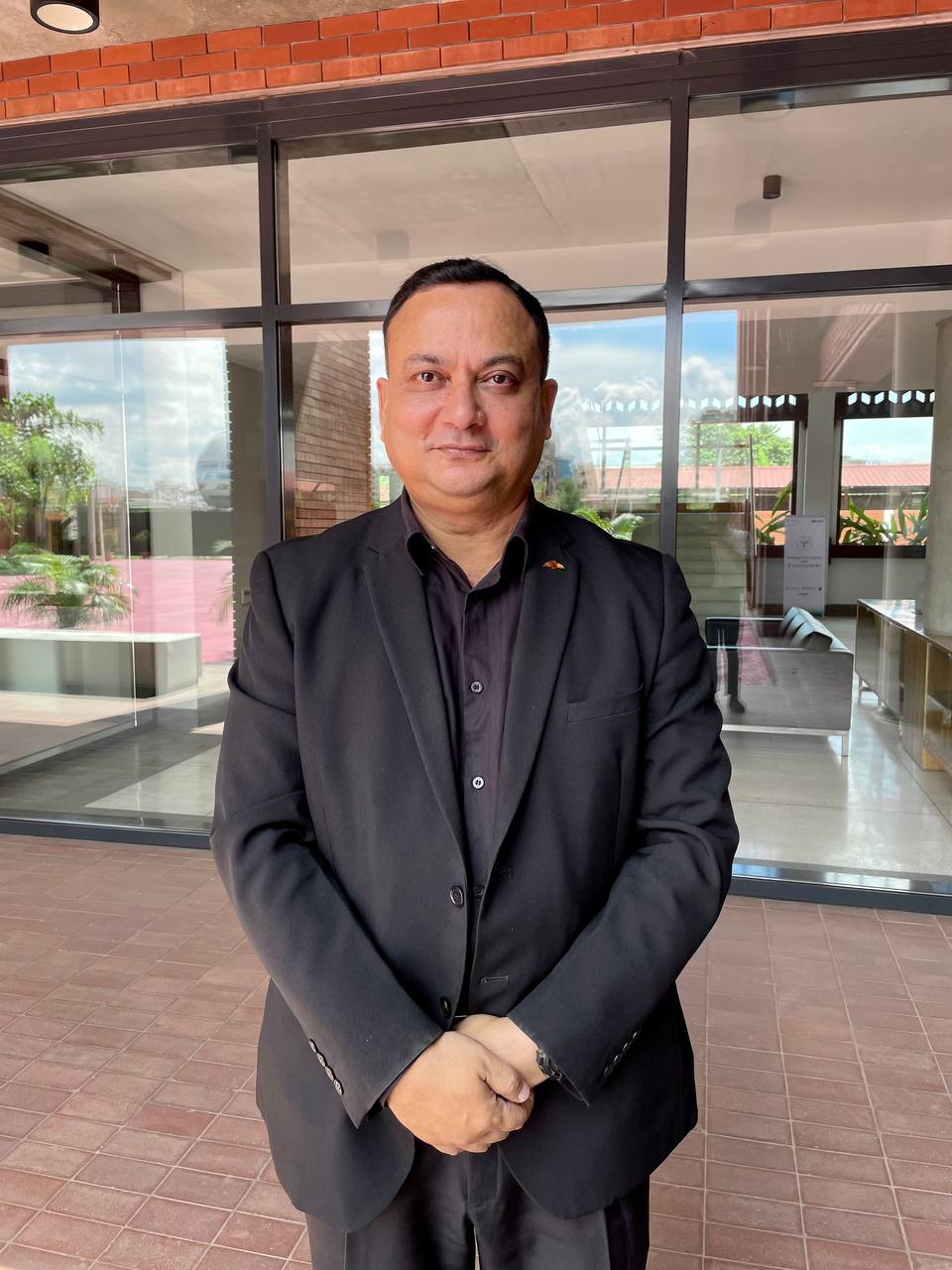Ananya Raju - making waves in the junior gymnastics circuit
Apart from gymnastics, Ananya enjoys playing basketball, swimming, horse riding and playing the violin. She is an ardent animal lover and spends her free time at the Blue Cross animal rescue centre with her father. Whenever she sees street dogs, she feeds them and plays with them, and one day dreams of building an animal orphanage for strays. Hand in hand with this is her predilection for environmental sustainability. She actively avoids using things that are harmful to the environment and talks to people about not using plastic, not burning firecrackers and segregating garbage.
Ananya, who joined the Academy in August 2018, is an inspirational child with a profoundly promising future. AKA Hyderabad is proud to have her and hopes to always be a part of her successes and joys.Mary Favour (Class of 2015): Ambitions to build a better future
For a while, getting an education was a process for Mary Favour. She would rise early in the dark – at 4:00 am – and make the long trek to school on foot with her three siblings, arriving at around 6:30 am each day. By the time they returned home to Mombasa, it was 7:00 pm. The rest of the evening was spent helping their mother around the house and finishing their homework.
It wasn’t easy, Mary recalled.
“My sisters and I grew up with a single mother,” she said. And resources were tight.
When the electricity bill wasn’t paid, the Favour children would study under the dim glow of a kerosene lamp or by candlelight. The four siblings had limited school supplies and relied on Mary for many of their study materials.
“We got awarded books if we topped the class,” she explained. “Sometimes we’d get textbooks, other times we’d get storybooks or novels. It was an incentive that the teachers had to motivate students.”
A new opportunity at the Aga Khan Academy Mombasa
Despite the obstacles, Mary said her mother was determined for her to succeed. She pooled her resources to give Mary a much-needed laptop in grade 9. By then, things had begun to turn around – Mary had received a full scholarship to study and live at the Aga Khan Academy Mombasa as part of its Talent Identification Programme, a programme that provides students from more disadvantaged backgrounds the opportunity to attend the Academy on full scholarship. She would graduate in 2015 and go on to study at the University of Toronto in Canada, also on full scholarship.
Now a second-year student at university, Mary hasn’t forgotten her difficult upbringing or her roots. In fact, the struggle to get an education early on has instilled in her a strong desire to give back to her community and help others like her get a shot at a better life.
“Six years of growth, skill and a good education” at the Academy was “a gift,” Mary said. “I want to [give] a gift to someone else.”
In particular, she’s learned the importance of independence, humility and sacrifice – lessons she put to use during her Academy days.
Mary joined the Aga Khan Academy in 2009 as part of the first batch of students in the Talent Identification Programme. While there, she participated in a range of activities, including choir, soccer and debate, with the same level of perseverance her mother had taught her. She quickly excelled academically, becoming an honors student in grade 10, and also challenged herself in extracurriculars – musically in competitions and as the assistant captain of her hockey team.
Helping others through community service
Beyond this, Mary fostered a passion for community service and activism rooted in her desire to help outsiders fit in. She led the ‘Just Say No’ initiative, a programme focused on rehabilitating primary school girls in Mombasa who had turned to prostitution in large part to support their families financially.
She worked with these girls for three years, exposing them to the same opportunities she and other students had the privilege of in their own education, including sports and debate. She hosted workshops on public speaking and art, as well as sessions with counsellors and strong female mentors, and invited the girls to perform at the Academy’s talent competition.
“The aim was to help them feel integrated into society but at the same time equip them with skills that would make their education holistic,” Mary said. The mission was especially important, she said, because of the gender gap she saw in Mombasa’s primary schools and the way in which this unfair system contributed to larger problems down the line.
“That inequality creates an imbalance that marginalizes women in our society,” Mary said.
Under her leadership, the club received three awards and became one of the most successful student groups on campus.
Supporting other students to succeed
In addition, Mary founded the ‘I Know Who I Am’ initiative, a programme that integrates scholarship students like herself into the Academy community while understanding that they needed to “stay in touch with home and not forget their society,” as Mary explained.
“I wanted to celebrate the diversity that came with these students but at the same time make sure that they don’t lose themselves,” she said. So she ran workshops on pluralism and open-mindedness, ate food and played games the students would recognise from home and “held discussions on what it meant to be part of a community but remain true to yourself.”
In the summer of 2017, Mary interned with the Students for International Development. The non-profit organisation was founded and is run by students. While there, she worked with the Orphan Sponsorship Programme as project manager for about two months. Mary and her team focused on the Simboyi Primary School in Vihiga, in the west of Kenya. They were in charge of the remedial education project for orphans and also worked on projects to support students financially.
After conducting interviews with some of the students in Vihiga, Mary and her team developed a means by which to help them be better equipped to reach their full potential. According to Mary, a number of the students came from families that were struggling to make ends meet. Some, she recalled, told her they only had one meal per day, which usually consisted of just ugali or porridge. Others said they didn’t eat at all. Further, a number of those who performed well in class were unable to pay for their exams and had to sit them out instead.
With Mary’s help, the organisation created a scholarship to help these students. The award, which she said covers basic health care, one meal a day, a yearly uniform and exam fees, will be able to assist 55 students during the current academic year at Simboyi. The hope is that the sponsorships will continue into the next year if budget and fundraising allow.
Real-time results and change like this mean the world for Mary, not least because she knows firsthand what it’s like to have the academic situation and resources not in your favour.
“I was a child with big dreams and no way of actualising them until I joined the Academy,“ she said. “I want to be for someone else what the Academy was to me.”
Catalyzing change for a better future
Mary believes education is one of the best tools to rid our societies of poverty, and she’s determined to be in a position to support students so they have better paths forward at their disposal than what she had. That’s why she plans on returning to Kenya after she’s obtained the necessary experience and skillset to properly give back to her country and community.
Currently majoring in human geography and diaspora and transnational studies and minoring in African studies, Mary thinks that, through the study of cultures and international development, she can better understand how to bridge the gap between rich and poor at home. Her hope is to protect the rich cultural diversity of Kenya but also contribute to changing the country so that it is better able to develop and sustain itself and compete and interact on a global scale more effectively.
“Kenya is at such a pivotal moment in the making of African history,” she said. “It has so much potential. I just want her to maximize her potential. I want to help her do it.”
Mary is uniquely positioned to kickstart such a change at home. Her pluralistic perspective on the world and passion for country could be just what Kenyans need to motivate their leaders to be better and to take action to institute real change. And if her triumphs at the Academy are any indication, Mary’s motivation may just be contagious.
By Farah Mohamed
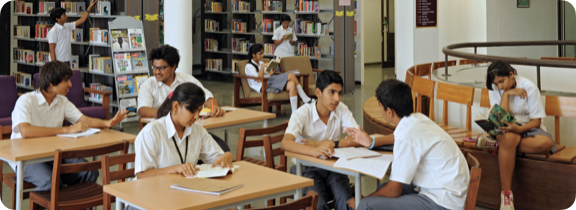
Admission Requirements
The Academy uses a multifaceted assessment in identifying students. The assessments enable students to demonstrate their cognitive, literary, mathematical, creative and leadership abilities.
Admission is competitive and based on student merit.
Please click here to get more information.
Nursery School
Kindergarten 1, 2 and 3: Early Years Programme
Students entering Kindergarten 1 must be 3 years of age by 31 July of the year of entry.
All prospective students must demonstrate the potential for high achievement. Each applicant will participate in a variety of assessment exercises. Assessment exercises include different sets of skill tests (communication skills, social skills and motor skills).
Junior School
Grades 1–5: Primary Years Programme
Students entering year 1 should have completed at least three years of nursery school and must be 6 years of age by 31 August of the year of entry.
All prospective students must demonstrate a potential for high academic achievement and demonstrate competency in literacy and numeracy. Each applicant from Grades 2-5 must sit a standard assessment in logic, English (reading and writing), mathematics and creativity. Applicants will also have personal interviews with key members of the Junior School staff as part of their application process.
Senior School
Grades 6–10: Middle Years Programme
All students applying for a place in the Senior School must have attained high scholastic achievement in their former educational institutions. They must also demonstrate a keen interest and participation in community service projects outside the classroom and/or extracurricular activities such as sporting activities, clubs, arts and music.
All applicants must schedule an appointment for a standard assessment test in logic, English, mathematics and problem-solving at the school, in addition to providing past student grade reports and certificates of achievement. Applicants will also have personal interviews with key members of the Senior School staff as part of their application process.
Diploma Programme
Grades 11–12: Diploma Programme (DP)
Applicants for the International Baccalaureate (IB) Diploma Programme at the Aga Khan Academy Dhaka, must have demonstrated outstanding academic achievement as well as a proven record of civic mindedness and participation in community projects.
The application process requires prospective students to undergo a standardised assessment test in English, mathemathics and logic as well as an interview with IB Diploma Programme coordinators and key members of the Senior School staff.
New students will not be accepted in the year of the Diploma exam.
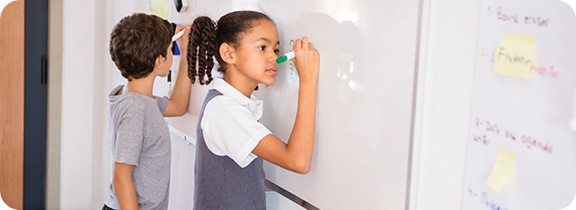
Aga Khan Curricular Strands
The Aga Khan Curricular Strands (AK Strands) are a unique part of the programme offered by the Aga Khan Academies. The AK Strands are areas of learning aimed specifically at developing knowledge, skills and attitudes required by future leaders.
Our goal at the Academies is to develop young people who have strong local roots and are also globally minded. They should be able to become leaders in whichever fields they choose.
To help achieve this goal, we have identified five areas of learning, the Aga Khan Curricular Strands, that we believe are important for our students. These are:
- Ethics
- Pluralism
- Cultures (with an emphasis on Muslim civilisations)
- Governance and Civil Society
- Economics for Development.
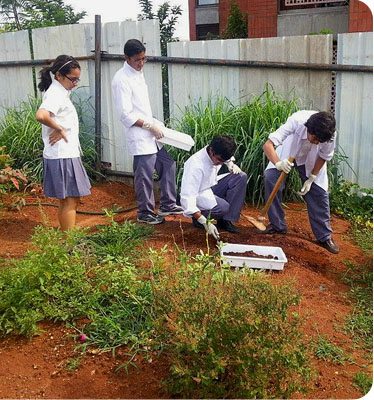 Implementing the AK Strands
Implementing the AK Strands
The Aga Khan Curricular Strands are not taught as independent subjects. Instead, we weave them into the existing subject areas of the academic curriculum. They help inform the selection of content and themes for study. The AK Strands also provide direction for school life outside the classroom in areas such as policy making, recruitment, student life and residential life.
Two of the AK Strands, Ethics and Pluralism, help students develop values and dispositions required by ethical leaders. Our students learn about these areas in theory and are also encouraged to practice what they learn in their everyday lives.
Through the other three AK Strands, our students learn about ideas that are important to the functioning of societies. In particular, they learn about how these ideas impact people’s lives in countries of the developing world. The knowledge they gain helps them understand key issues from both local and international perspectives.
The AK Strands in practice
The Aga Khan Curricular Strands were developed at the first Aga Khan Academy in Mombasa and are designed to be used in different cultural contexts. Teachers at the Aga Khan Academy Hyderabad helped tailor the AK Strands for the local environment in India.
For example, Grade 3 students worked on a history and geography unit about Hyderabad that related to Economics for Development. The students examined how the physical features of the area influenced the city and its economic activity. They learned about employment today and also looked at traditional forms of work, including a visit to a nearby weaving cooperative. This unit helped the students understand both general ideas about economics and their impact on daily life in Hyderabad.
Through the Aga Khan Curricular Strands, our students develop attitudes and values that will help them throughout their lives. They also gain knowledge and understanding that will allow them to contribute positively to their societies in the future.
For more information on the educational programme offered at the Aga Khan Academy Dhaka, please visit the Academic Programme page.
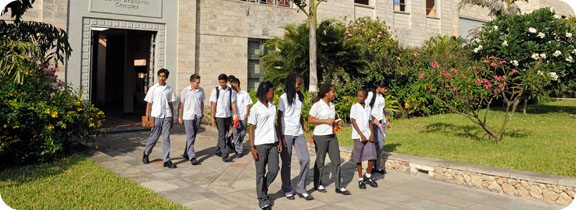
Introduction to the Aga Khan Academies
In 2000, His Highness the Aga Khan initiated the establishment of the Aga Khan Academies, an integrated network of schools across East Africa and South Asia.
The aim of the Academies is to develop future leaders with the skills and knowledge to support positive development in their societies. The Academies achieve this by recruiting exceptional young people from all backgrounds and providing them with the highest international standard of education.
Admission is based upon merit, with financial aid available to ensure access for accepted students regardless of financial circumstances.
Global network
The first Aga Khan Academy opened in Mombasa, Kenya in 2003, the second in Hyderabad, India in 2011, the third in Maputo, Mozambique in 2013 and the fourth in Dhaka, Bangladesh in 2022.
Rigorous academic programme
The academic programme offered by the Academies has been developed according to the principles of the widely-recognised International Baccalaureate (IB). The IB provides a challenging academic environment for students and allows their achievement to be measured against international standards.
In addition to providing a rigorous academic and leadership experience, the Academies help students develop an ethical and public-minded outlook through community service opportunities and education on ethics and pluralism.
“An education must equip students with the tools that enable them to adapt and thrive in a world characterised by change.”They also recognise that to become effective leaders, students must be both globally minded and locally rooted. Global as well as local perpectives are reflected in the curriculum, and students study in both English and the local language.
Purpose-built residential campuses
Each Aga Khan Academy campus is architect designed and purpose built. They feature state-of-the-art classrooms and resource areas, and extensive sports facilities.
The residences provide secure and well-supervised accommodation for local and international students as well as those visiting from another Academy. As the network develops further, both students and teachers will participate in visits and exchanges between Academies to broaden their experience and practical understanding of pluralism.
Professional development
Promoting excellence in teaching, both on campus and more broadly, is a major goal of the Academies. Each Academy is established as a Professional Development Centre (PDC). The PDC aims at strengthening the profession of teaching in the region by providing substantial professional learning opportunities and modelling highly effective educational practice.
